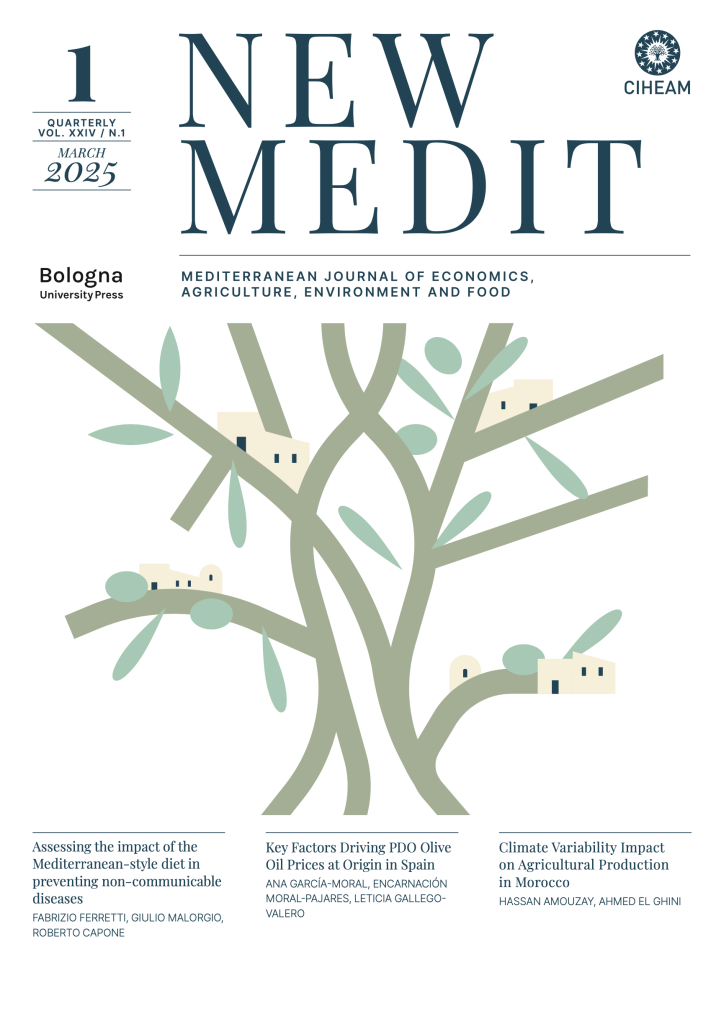Economic analysis of water demand in public irrigation systems in Tunisia, using FSSIM model
New Medit, vol 13, n.4, (December 2014), pp. 46-53
Language: EN
Jel classification: Q12, C61
Water resources in dry areas in Tunisia are under strong pressure, which seriously threatens their sustainability. This situation may get worse over the years, especially with the climate change and the intensification of agricultural practices, if the concretes measures are not taken into account. Water pricing has been a key of the water policy in Tunisia for the last two decades to saving water. It depended on the characteristics of the irrigated farming in these dry areas. The objective of this paper is to assess the impact of water-policy on water demand for the farming in three different public irrigated systems. Bio-economic model, such as Farming System SIMulator (FSSIM), has been applied for this impact analysis. The main results from the analysis of the demand curve show that the flexibility of the crop plan and competition between irrigated crops are linked to the land constraint, in particular irrigable land. These results show also that the determination of an incentive price for the use of new irrigation technologies is located on the segment where the function of the demand is elastic. In this segment, the farmer’s behavior becomes more rational to save water in arid zones like in the south of Tunisia where the water is a limiting factor for the irrigated agriculture.
irrigated land; water pricing, bio-economic model, impact analysis, water demand











